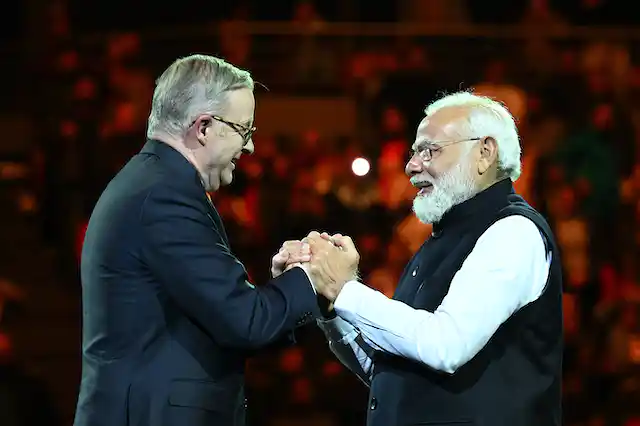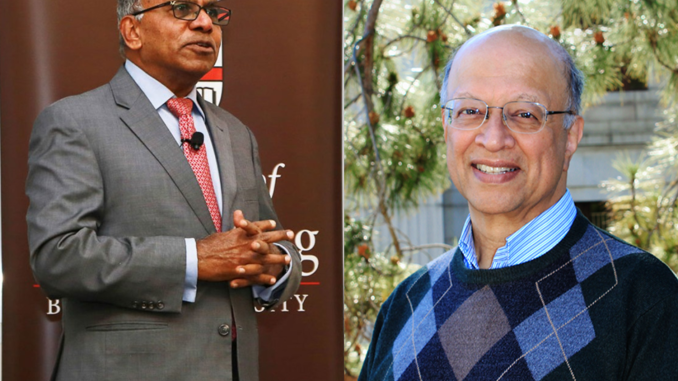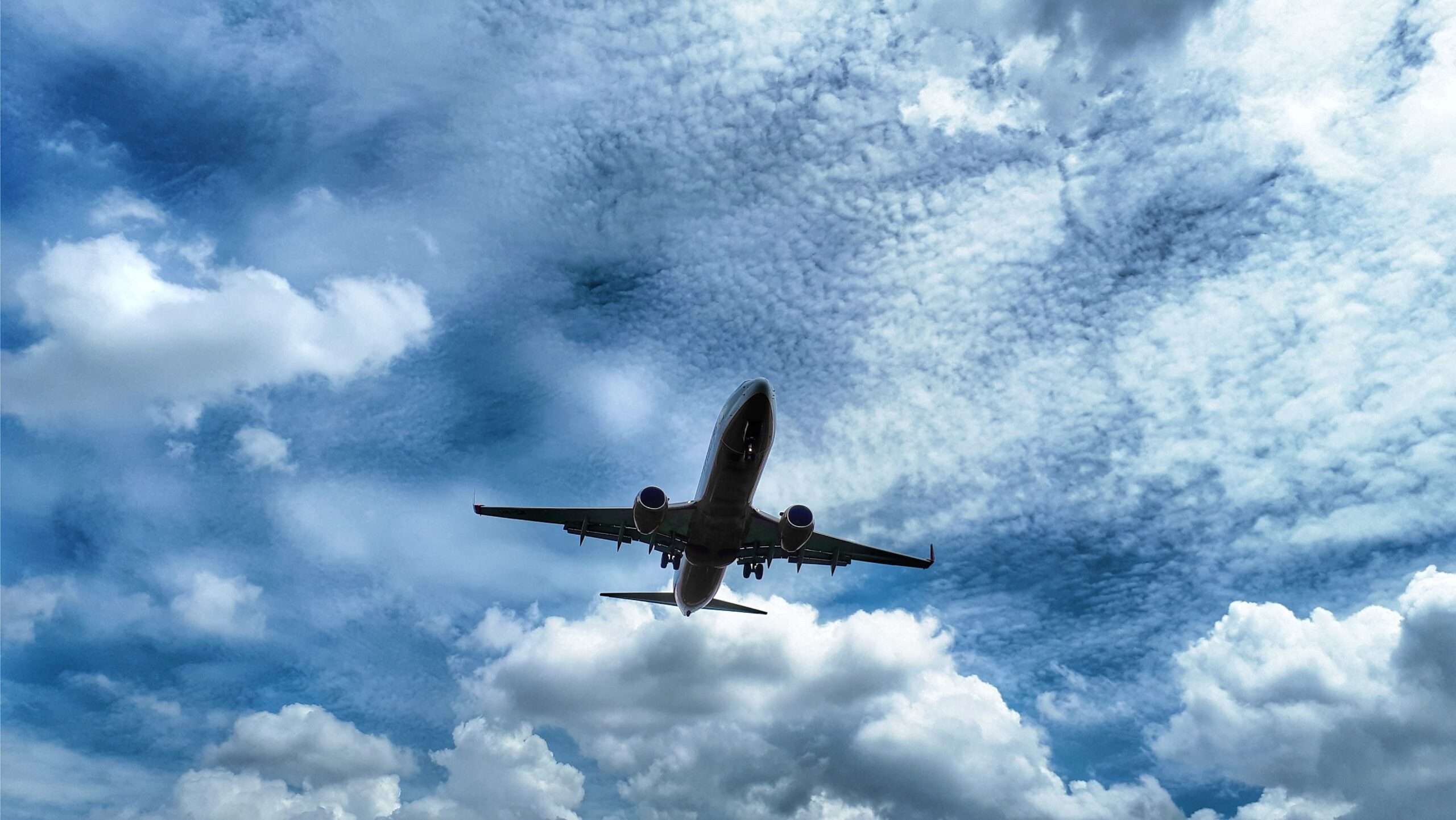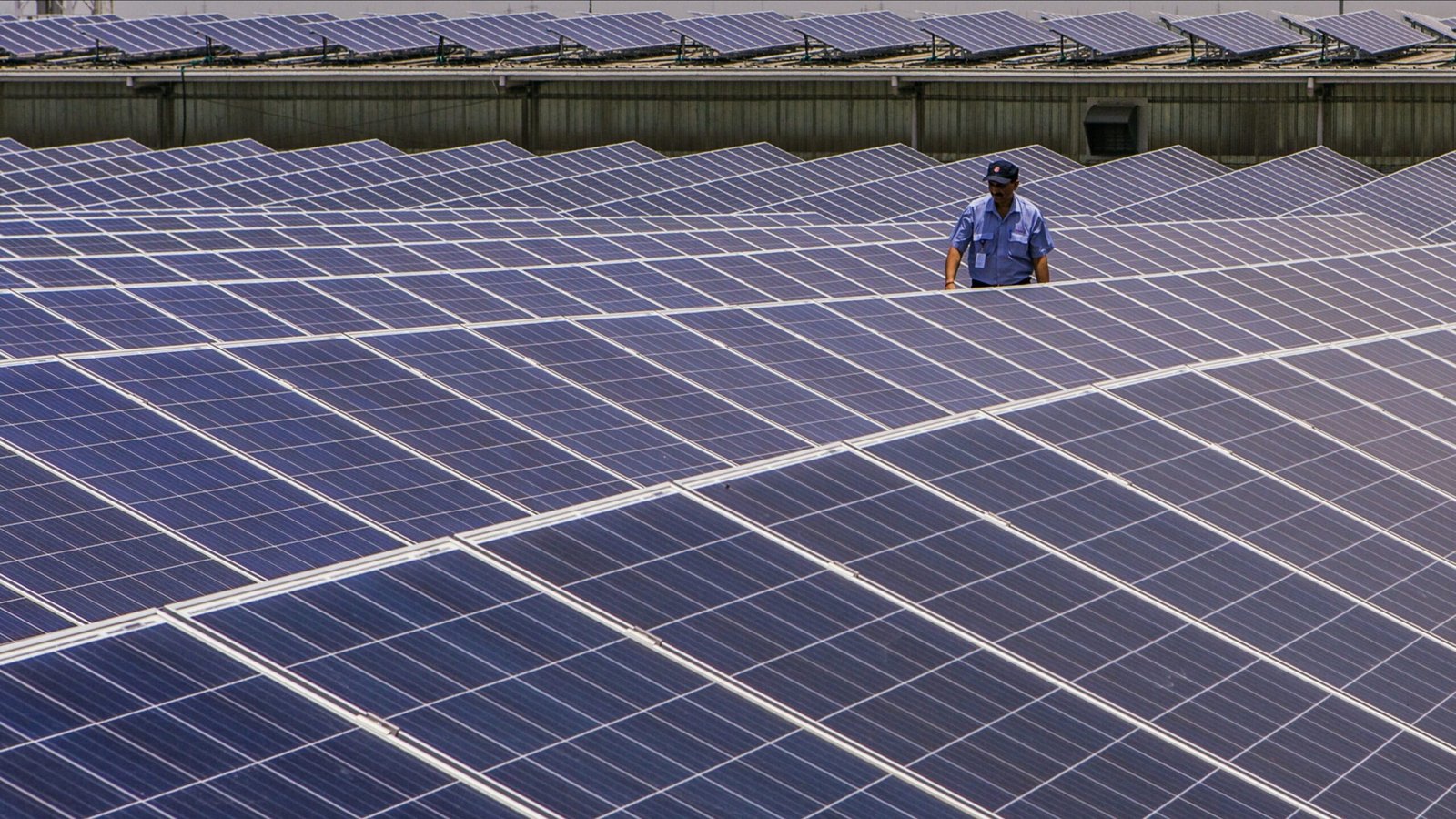Pivot to Partnership: Australia-India and the Diaspora
. In this comprehensive volume, he takes stock of the political, strategic, socio-cultural, and economic evolution from Menzies-Nehru animosity to Albanese-Modi bromance
The Australian Member of Parliament from Parramatta, home to the largest number of Indian diaspora residents, Andrew Charlton provides an engaging account of Australia-India relations in his recent book, Pivot to Partnership. In this comprehensive volume, he takes stock of the political, strategic, socio-cultural, and economic evolution from Menzies-Nehru animosity to Albanese-Modi bromance, reported internationalaffairs.org.au.
He rightly argues that while the relationship has come a long way, the focus now must be on strengthening the economic pillar of the relationship. This requires “mutual” investment from both sides, and he suggests one way to do that could be to harness the potential of the growing Indian diaspora in Australia.
Charlton provides an important update to the study of the Australia-India relationship by documenting the Narendra Modi years and shining a light on the growing importance of the Indian diaspora, which was recorded as the largest diaspora group in Australia between 2021-22.
Charlton employs, quite literally, the metaphor of a “relationship” to analyse the bilateral partnership between Australia and India. The book is divided into four parts as it underlines the trajectory of the ties, with chapters titled chronologically as “acquaintances,” “friends,” “family,” and finally “partners,” each one looking at the strategic relations, common political themes, roles of diaspora groups, and the need for investment, respectively.
-
Due to political concerns in the Canada-India relationship and the role the Indian diaspora in Canada is playing in the resurgence of Khalistan, the free trade agreement talks have come to a halt
-
This case highlights that there are substantial political risks in instrumentalising the diaspora to propel the economic relationship which Australia must be careful about
The analysis begins from the Cold War period, where Australia and India inaugurated their political ties with Jawaharlal Nehru, leading a newly independent India, who did not quite see eye to eye with the “British to the bootstraps” Robert Menzies. He traces the “acquaintances” part of the journey by surveying the role of leaders who he argues failed to hit it off the mark until the Abbott-Modi partnership, which then took off under subsequent leaderships under Malcolm Turnbull, Scott Morrison and Anthony Albanese. He argues that economic agreements like CECA and Australia-India Economic Cooperation and Trade Agreements, represent the strong progress made by the relationship despite the “listless political leadership” which has encumbered the relationship for the majority of the 75 years.
Charlton highlights common themes between the two countries. With subchapters dedicated to the now outdated 3C’s (Cricket, Curry, Commonwealth) and the new 3D’s (Democracy, Diaspora, Dosti (Friendship) he argues that the countries have shared interests and values both in the bilateral relationship, as well as the regional and global order.
The rest of the book covers the socio-cultural dynamics of the relationship such as the importance of diaspora in areas like media, arts, culture, and politics. However, the overarching argument remains that to truly become “partners” Australia needs to invest more in India and vice versa.
While the overarching argument of the book, of adding economic heft to the relationship, remains correct, it remains underappreciative of the “structural” factors that have historically driven and continue to shape the bilateral relationship. Charlton’s arguments, particularly in the first section of the book covering strategic political relations, rely on the role of leaders in explaining the relationship. Despite the oft-cited Nehru-Menzies’ ideological and personal animosity, there were more factors shaping the relationship. Australia-India relationship historians have argued that the United States played a substantive role, and that the US-India relationship has acted as a catalyst to the Australia-India relationship leading to a lot more engagement on a bureaucratic level between Australia and India in the early Cold War years. These engagements also included India being the largest recipient of Australia’s aid program between 1951 and 1969, the heyday of the Nehru-Menzies years.
However, Charlton does not spend enough time interrogating the role that China’s growing assertiveness in the Indo-Pacific has played in bringing Australia and India together. This is a rather glaring omission as both countries’ uneven ties with China have been, arguably, the main point of commonality between them. This has led, concomitantly, to the resurgence of the Quad and the need for a strong economic partnership to remove Australia’s over-reliance on China.
Charlton remains an idealist in his hopes for the future of Australia-India relations and the role the diaspora can play. The Canada example, however, does raise pertinent questions about diaspora politics and its impact on bilateral ties. Due to political concerns in the Canada-India relationship and the role the Indian diaspora in Canada is playing in the resurgence of Khalistan, the free trade agreement talks have come to a halt. This case highlights that there are substantial political risks in instrumentalising the diaspora to propel the economic relationship which Australia must be careful about.
************************************************
Readers
These are extraordinary times. All of us have to rely on high-impact, trustworthy journalism. And this is especially true of the Indian Diaspora. Members of the Indian community overseas cannot be fed with inaccurate news.
Pravasi Samwad is a venture that has no shareholders. It is the result of an impassioned initiative of a handful of Indian journalists spread around the world. We have taken the small step forward with the pledge to provide news with accuracy, free from political and commercial influence. Our aim is to keep you, our readers, informed about developments at ‘home’ and across the world that affect you.
Please help us to keep our journalism independent and free.
In these difficult times, to run a news website requires finances. While every contribution, big or small, will makes a difference, we request our readers to put us in touch with advertisers worldwide. It will be a great help.
For more information: pravasisamwad00@gmail.com








